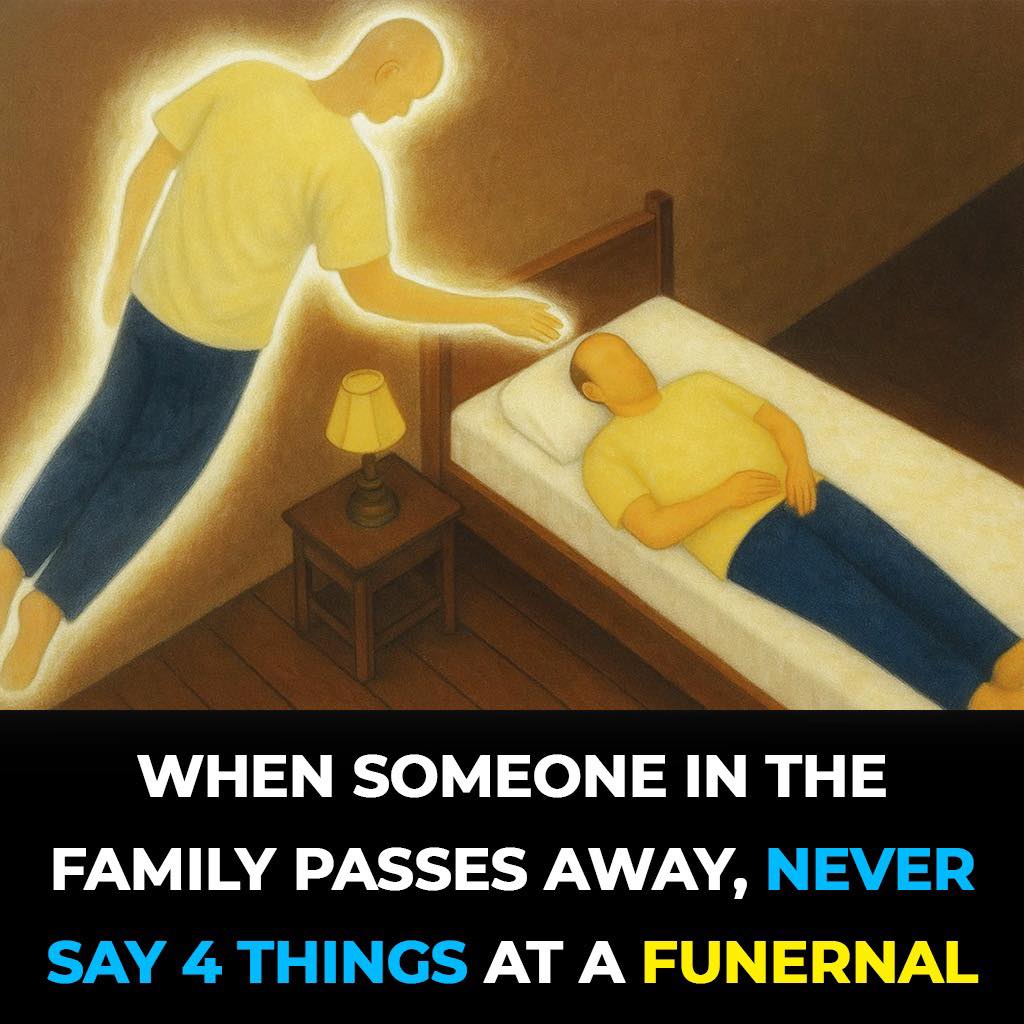When someone we care about experiences a loss, we want to say the right thing.
We want to comfort, support, and show we care.
But in those quiet, emotional moments — standing beside a grieving friend, holding a program, or offering a hug — the wrong words can do more harm than good.
Even with the best intentions, certain phrases — however common — can minimize pain, dismiss grief, or unintentionally hurt.
Let’s explore 4 things you should never say at a funeral, why they’re harmful, and what to say instead — so you can show up with true compassion.
❌ 1. “They’re in a better place.”
Why It Hurts:
May feel dismissive of the person’s pain
Assumes the griever agrees with your spiritual beliefs
Suggests their loved one was “better off” being gone — which can deepen guilt or sadness
💬 Grief isn’t about logic. It’s about love. And no one feels “better” without their person — no matter what comes next.
✅ What to Say Instead:
“I’m so sorry for your loss.”
“I can’t imagine how hard this is.”
“I’m here for you — today and always.”
🕯️ Let them believe what they need to. Your presence matters more than your theology.
❌ 2. “I know exactly how you feel.”
Why It Hurts:
Grief is deeply personal — no two experiences are the same
Even if you’ve lost someone too, their relationship, pain, and journey are unique
Can make the griever feel like their grief is being compared or judged
💔 Saying this often shifts focus to your story — when they need space to feel theirs.
✅ What to Say Instead:
“I can’t know exactly how you feel, but I’m here with you.”
“Your pain matters, and I’m holding space for you.”
“I’m here to listen — whenever you’re ready.”
🤝 This honors their grief without centering your own.
❌ 3. “At least they’re not suffering anymore.”
Why It Hurts:
While often meant to comfort, it can feel like a rationalization of loss
May silence the griever’s sorrow by implying they “should” feel relieved
Doesn’t acknowledge the love, connection, and future that’s now missing
💔 A grieving parent doesn’t want to hear “at least” — they want to hear that their child mattered.
✅ What to Say Instead:
“They meant so much — and I see how much you loved them.”
“Their life made a difference.”
“I’ll never forget how they [laughed, cared, smiled].”
🌿 Focus on celebration of life, not justification of death.
❌ 4. “Everything happens for a reason.”
Why It Hurts:
Suggests the death was meant to happen — which can feel cruel or confusing
Implies the universe is in control — a hard concept when someone has lost a child, partner, or parent too soon
Closes the door on grief by offering a “solution” instead of support
🌧️ Grief doesn’t need a reason. It needs to be felt, witnessed, and held.
